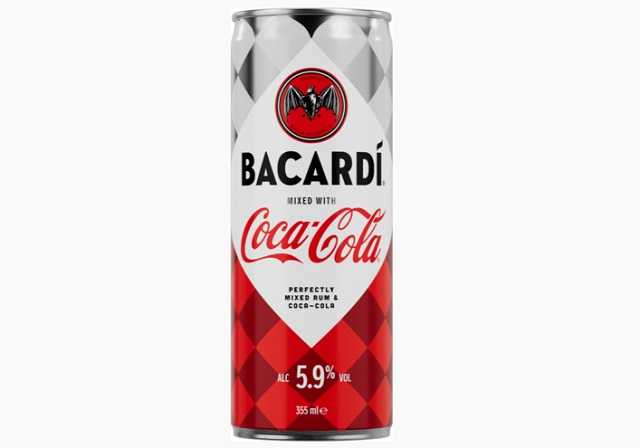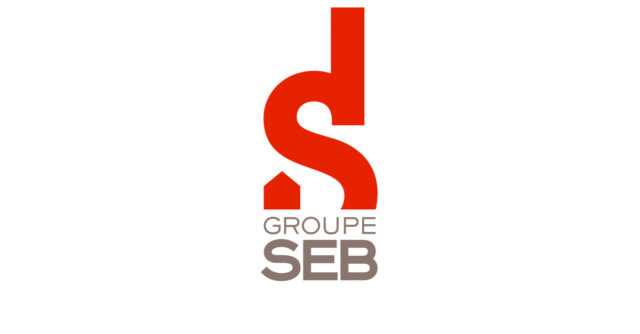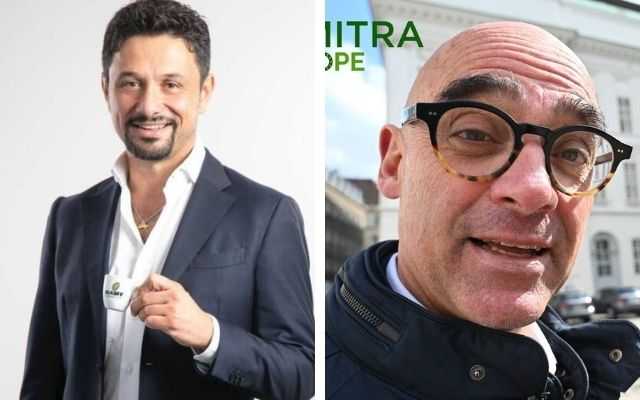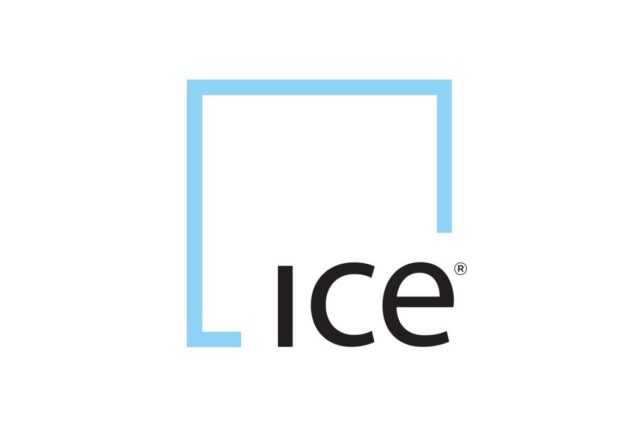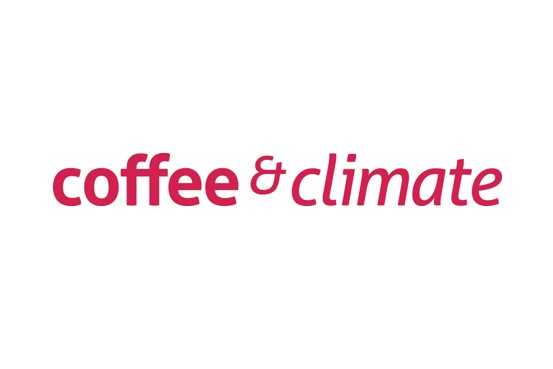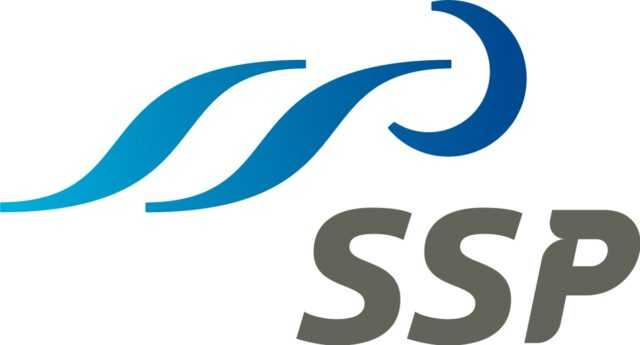BONN, Germany – Fairtrade certified cocoa and coffee cooperatives are in an advantageous position when it comes to protecting forests and complying with the EU Deforestation Regulation (EUDR) that will start to take effect at the end of this year, according to a new study by Fairtrade.
Called “The Effect of Fairtrade on Forest Protection and Deforestation Prevention” the study found that several factors contribute to the better positioning of Fairtrade cooperatives especially their compliance with the Fairtrade Standards that guide them to implement key forest protection measures and that align with the requirements of the EUDR.
In some cases, the Fairtrade farmers interviewed in the study said they were asked for advice on deforestation by non-certified farmers, which is evidence of the “positive spillover effects.”
“The study comes at the right moment, especially when all stakeholders are discussing ways to address EUDR. For Fairtrade, these findings are helping us to better understand and work on innovating our programmatic approach,” said Juan-Pablo Solis, Senior Advisor on Climate and Environment at Fairtrade International.
The EUDR is clear that companies must conduct their own due diligence, and Fairtrade – like any certification – is no replacement. Certifications can contribute to companies’ due diligence efforts in several steps, and the study highlights areas particularly related to mitigation of deforestation risk.
The study, which included interviews with eight Fairtrade and non-Fairtrade coffee cooperatives in Colombia, Honduras, and Côte d’Ivoire, also pointed positively to the Fairtrade Minimum Price and Premium that provide funding for cooperatives and farmers to invest in forest conservation measures necessary for a more climate resilient production of coffee and cocoa. Members of the COOBADI cooperative in Côte d’Ivoire said Fairtrade Premium was allowing them to do their part in protecting forests.
According to the study’s findings, some cooperatives and farmers are using their extra resources to invest in some of the EUDR requirements including the required geolocation or polygon mapping. However, they said they should not have to forego their own self-determined priorities and bear the compliance costs linked to laws imposed by the EU. This is a trade-off between environmental and social sustainability.
Plus, the study also found that cocoa and coffee cooperatives were benefitting from the Fairtrade producer network programmes and training, including around agroecology and agroforestry. Members of the ECAMOM cooperative also in Côte d’Ivoire noted that the “fight against deforestation in their region was initiated by Fairtrade Africa” and they are “currently involved in adopting agroforestry and other practices thanks to the training they received from their producer network.”
Fairtrade cooperatives found the programmes to be valuable and called for this type of hands-on support to continue. They said certification helped them to build multi-stakeholder partnerships from both the public and private sectors, and the researchers confirmed that the Fairtrade cooperatives are “much more connected to outside initiatives than their non-Fairtrade counterparts.”
Moreover, the study found that Fairtrade farmers are seeing the advantages of forest protection, including better microclimates, protection of water sources, more biodiversity, and animal protection. In Colombia, producers said they are now can collect medicinal plants and herbs. In Honduras, producers noted the protection of water resources as the most important advantages/outcomes of implementing conservation related activities.
But the study also highlighted the need for more incentives to compensate cooperatives for their efforts towards regulatory compliance. This will also help them to safeguard the supply chain – and farmer livelihoods – against the consequences of climate change in the future.
The study, conducted by KIT – Royal Tropical Institute, the Chain Collaborative, and Expressing Origin, from April 2023 – May 2024 was organized into four phases. The first phase included the analysis of more than 60 internal and external documents on deforestation. The second phase included in-depth interviews with a range of Fairtrade stakeholders, including representatives of the producer networks, national Fairtrade organisations, as well as senior advisors and senior product managers. The third phase included extensive fieldwork in Colombia, Côte d’Ivoire, and Honduras with Fairtrade and non-Fairtrade cooperatives, which was important for a counterfactual comparison. The fourth phase included interviews with buyers.
“This study demonstrates, again, how strong, and democratic producer organisations, are best placed to tackle the challenges of sustainability. Curving down deforestation can be achieved, particularly in those places where producer organisations are serving their members and addressing root causes. Producer and their organisations are the local leader that we need to restore our ecosystems, added Solis.
To read the full study, click here, and to learn more about Fairtrade’s work in the area of deforestation click here.
About Fairtrade International
Fairtrade is an independent non-profit organisation representing more than two million farmers and workers worldwide. It owns the FAIRTRADE Mark, a registered trademark appearing on more than 30,000 products, which is the most recognised and trusted sustainability label in the world. Fairtrade International and its member organisations collaborate with businesses, engage shoppers, activate civil society, and enable producers to take control in order to bring about a fair, sustainable future — a future rooted in social justice.




